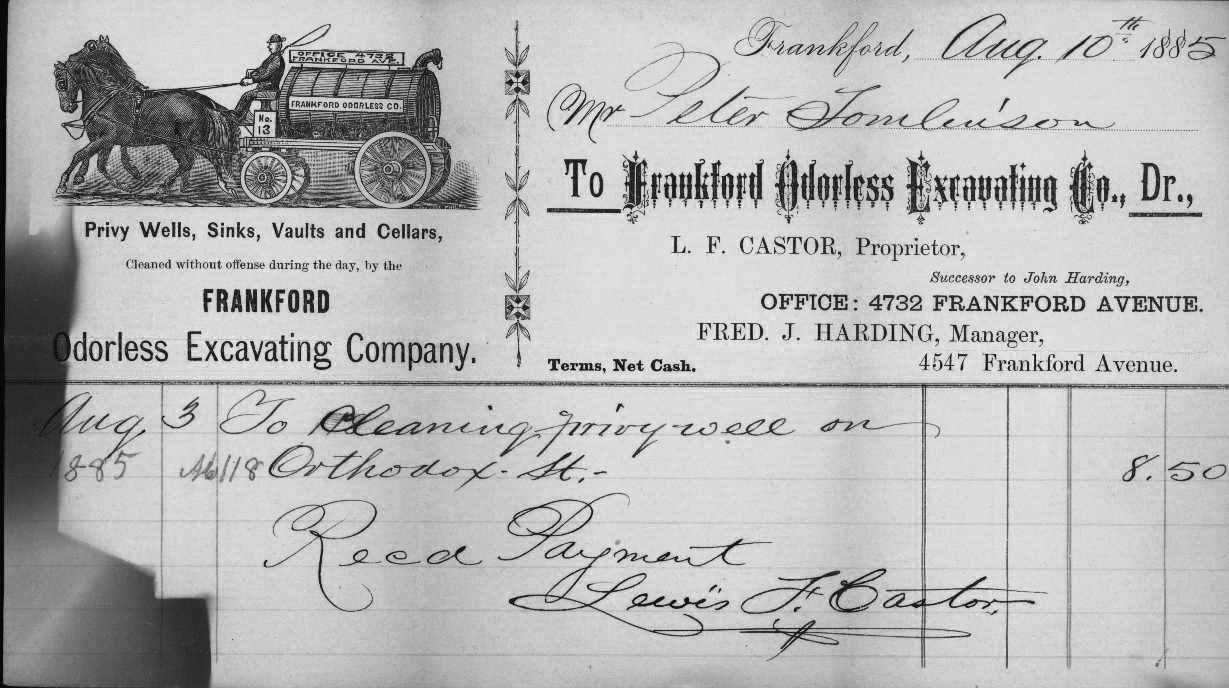This post is part of our @PhillyH2O at Home series: fun at-home science and learning activities from our Fairmount Water Works educators and other partners to help your family stay engaged with water issues.
What can you flush?
The point of this activity is to show that toilet paper is the only paper or product that should be flushed down the toilet.
Other types of paper and, and especially wipes, don’t come apart. Some can clog pipes in your home or in the sewer under the street and create a real problem. We like to remind people only the “Three Ps” should get flushed: “Poop, Pee and Toilet Paper”!
More things that get flushed and cause problems include dental floss, paper towels, baby wipes, plastic, rubber gloves, cotton ear swabs… and all sorts of things used in the bathroom.
While it might be tempting to flush something gross, it is best to have a wastebasket by the toilet to help avoid flushing anything but toilet paper.
This activity is best suited for kids aged 5 to 14.
Watch: What Breaks Down?
For this activity, you will need:
- 1 or two sheets of clean toilet paper
- 1 tissue
- 1 small section of paper towel
- 1 wet wipe (a baby wipe, hand wipe, or cleaning wipe – try one marked “flushable” if you have them!)
- A bowl of clean tap water
Directions:
- One by one, put the different types of paper in the water and take them apart with your fingers.
- Ask your kids:
- Which one comes apart most easily?
- Which one doesn’t come apart at all?
Notice how the wipes are harder to pull apart, even after they get wet?
That is why we ask everyone to please never flush paper towels or any kind of wipes!
What Happens to Wipes in Pipes
These items can clog the pipes in your house and under your sidewalk. They also get stuck in sewers and can collect fat and grease creating a very gross problem called fatbergs.
If they make it out of your home's pipes and through the sewer, they even cause problems at the plants that treat your waste to protect our rivers.
Lots of science went into making toilet paper special and easy to dissolve when wet, and that is why it is the only item that should be flushed beside your body’s waste.
Thanks for experimenting with us!
More: See our blog about the spike in flushed wipes problems related to COVID-19, and check out the Fairmount Water Works Distance Learning Resources blog.

